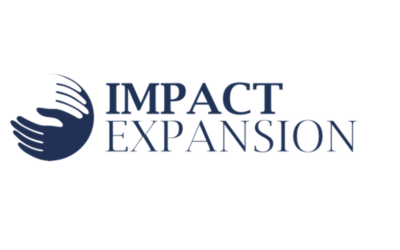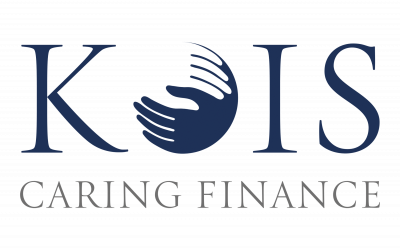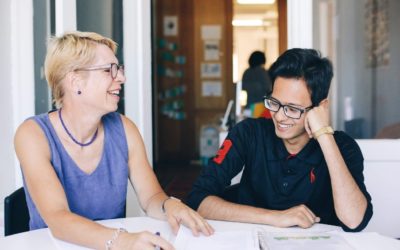An Impact Bond for Syrian refugees and vulnerable host communities
Project details
The 9-year Syrian conflict has created a huge humanitarian crisis. It displaced more than 11 million Syrians from their homes. And three neighbouring countries are hosting nearly 80% of them: Lebanon, Turkey and Jordan. With the help of the IKEA foundation anNear East Foundation, we supported the scale-up of a vocational training and start-up grants programme. The project aims to target up to 9,000 refugees in Jordan and Lebanon through a Development Impact Bond.Providing local help to both refugees and host communities
International humanitarian organisations and host country governments save countless lives by taking on the tremendous challenges of meeting refugees’ basic needs in and outside camps.
But, most refugees continue to live in poverty. At the same time, host countries face increasing pressures on their social support, infrastructure and education systems.
Livelihoods programmes with a focus on job market integration have proven to be a key aspect of improving economic conditions for host communities and displaced individuals. In this context, empowering the implementing partner with the flexibility to adapt to changing circumstances should lead to efficiency gains and better results.
Together with the IKEA foundation and Near East Foundation, KOIS helped structure a Development Impact Bond aimed at refugee livelihoods. The bond will serve to scale-up the programme for a duration of 4 years. It will target both refugees and members of host communities.
Terms of the bond
Launch
2020
Duration
4 years
Amount
$12-20M
Expected return
6% IRR
Scaling-up the livelihoods programme with the ‘Refugee Livelihoods Development Impact Bond’
The first phase of the Refugee Livelihoods DIB will scale-up of a vocational, entrepreneurship trainings and start- up grants programme. It will target up to 9,000 refugees and host populations in disadvantaged urban areas of Jordan and Lebanon. The DIB will last over 3 and a half years.
It aims to lead to the creation of up to 5,750 sustainable home-based enterprises. This will provide pathways to self-reliance mainly to women and female-headed households. It will also impact young men and women, who are the new missing-middle in refugee livelihoods response policies. This is an important gap to fill, as they are the most impacted by identity-related protection risks.
The robust M&E framework and sharing the learnings will generate the urgently needed evidence to catalyze funding at scale of inclusive livelihoods programming in humanitarian contexts. The DIB also aims, thanks to its highly visible nature, to make a significant contribution to the alignment of goals, policy changes, plans, and resources of public and private actors committed to alleviating the refugee crisis.
Expected Impact of the DIB
beneficiaries in Jordan
beneficiaries in Lebanon
of beneficiaries are women
sustainable micro-enterprises created
Impact Story: Asma
A Syrian refugee living in JordanIn 2013, Asma and her family had to flee their hometown in Syria after the destruction of their home in a bombing. Like nearly 80% of refugees in Jordan, Asma’s family chose not to remain in a refugee camp. Instead, they moved into a low-income community in Jordan’s urban sprawl.
Asma and her family faced many of the logistical and emotional challenges that confront refugee families starting over. From difficulties in finding sustainable, safe, and dignified jobs, to accruing debt, to limited access to credit, etc. Acclimating children who have experienced trauma to new lives and new schools is also a key challenge.
Through NEF-led trainings, Asma learned how to develop a business model. She learned how to market her products, interact with customers, set prices, and enter into new markets. With the project grant she received at the completion of the program, she purchased a fridge. This gave her, as she says, the “push” she needed to really get started.
Today, Asma operates a local cooking business in Jordan. Since then, her household has seen a 50 percent increase in income. Her prepared meals and catered goods have gained a reputation in the neighborhood and demand for her product has grown. This is allowing the family to pay down their debts and meet their needs.
Why should we feel weak? We have to prove our presence in our community and defy anything that comes our way. For the sake of our children and for future generations, we should show them that we must never give up.
Discover our other projects
Impact Expansion: investing to tackle social exclusion, healthcare challenges and climate change in Europe
Impact Expansion was founded in 2022 through a covenant of partners from KOIS and Milestone. On the strength of their expertise in impact investing with a strong buy-and-build track record, the fund invests in companies during their growth stage in 3 focus sectors: Healthcare, Education & Employment, and Environment.
Club deals: since its inception, KOIS has initiated and managed a number of impactful club deals
KOIS and Quadria capital co-founded HealthQuad in 2016. Since then,
HealthQuad has become India’s leading Healthcare Focused Venture Capital Fund. The fund typically invests in early stage companies with a high disruption potential in the healthcare industry. HealthQuad aims to contribute to improving affordability, accessibility and quality of healthcare services in India while generating attractive returns for investors.
Multi-country Social Outcomes Contracting to tackle unemployment in Europe
European Union Member States have been confronted with the challenge of unemployment for several decades with relatively similar characteristics. Seeking innovative approaches to tackle this common issue, KOIS has supported the European Investment Advisory Hub (EIAH), in testing the preliminary feasibility of a Pan-European Social Outcomes Contracting (SOC) scheme. In this study, we explore the potential benefits and hurdles of a multi country Social Outcomes Contracting in three pilot countries, France, Belgium and the Netherlands.




